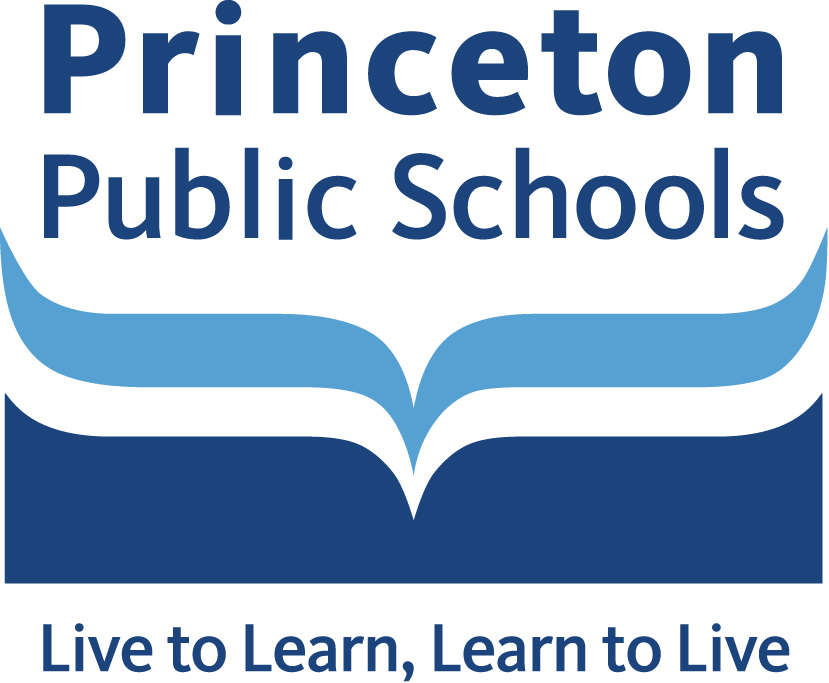The Princeton Public Schools Board of Education approved a revised version of its controversial Communications Charter, deleting a sentence that some community and school board members found objectionable, in a 5-3 split vote at a special meeting on Dec. 3.
School board members Jessica Deutsch, Bill Hare, Brian MacDonald, school board President Beth Behrend and school board Vice President Greg Stankiewicz voted “yes.” School board members Deb Bronfeld, Dan Dart and Michele Tuck-Ponder voted “no.”
School board members Betsy Baglio and Peter Kazt, the Cranbury school board representative, were absent.
The Communications Charter offers guidelines for communication between the school board and the superintendent of schools, and the school board and the community. It grew out of a school board retreat held earlier this year.
The Communications Charter was approved by the school board at its Oct. 29, which was also in a split vote.
Responding to criticism from some school board members and the public who felt it constrained school board members’ ability to speak publicly outside of a school board meeting, the board decided to go over it again.
There was some criticism of statements in the Communications Charter that said the superintendent of schools and the school board president would be the spokesmen for the district and the board, respectively, when speaking to the media. Both are already codified in school district policy.
Neighboring school districts have adopted policies which state that the superintendent and the board president are the only ones authorized to be the spokesmen for the district and the school board to the media.
School board members do not lose the right to comment publicly, but they must make it clear that they are speaking for themselves and not on behalf of the school board or the district.
Also at issue was the sentence that “board members will serve as ambassadors for their district, emphasizing the positive aspects of the district.” The sentence drew criticism from some residents, who interpreted it to mean that school board members could not publicly question school board actions or policies.
There was a misunderstanding about that line, which was in a template provided by the New Jersey School Boards Association, Behrend said.
Calling it a “procedural clarification,” Deutsch said she would like to remove the “ambassador” sentence from the Communications Charter. It “unintentionally” made things confusing, she said.
Ponder said the phrase made it appear that when school board members talk about the district, they should say something nice about it.
“Unless I am missing something, it says we should try to be positive,” Ponder said.
The school board agreed to remove the sentence from the Communications Charter.
Hare questioned whether the Communications Charter is a policy or a regulation, which carries more weight, or whether it is “aspirational.”
MacDonald said the Communications Charter is a voluntary agreement. It is non-binding and “directional,” he said. It is an aspirational document, he added.
At the bottom of the Communications Charter, there is a box with board members’ names and a line for their signatures, which states that the signers “agree to adhere to the Board-Superintendent-Community communications guidelines established in this document.”
Dart, who voted against it, said that if the Communications Charter were an “aspirational, informal agreement,” he would have supported it. But the signature box make it look more like a contract, he said.
Stankiewicz, who voted for it, reminded the board that it had been working on the Communications Charter for almost the entire year. It is an educational document that explains the rules, he said.
It is about “how we talk to each other better,” Stankiewicz said.
Bronfeld agreed that communications is important, but she did not like the statement that “complaints and compliments received from the staff or the community will be directed through the chain of command.”
She voted against it.
Wrapping up the discussion and prior to voting on the Communications Charter, Behrend emphasized that “we all think differently.”
“I’m glad we are having this conversation. I think this is all positive,” Behrend said.

